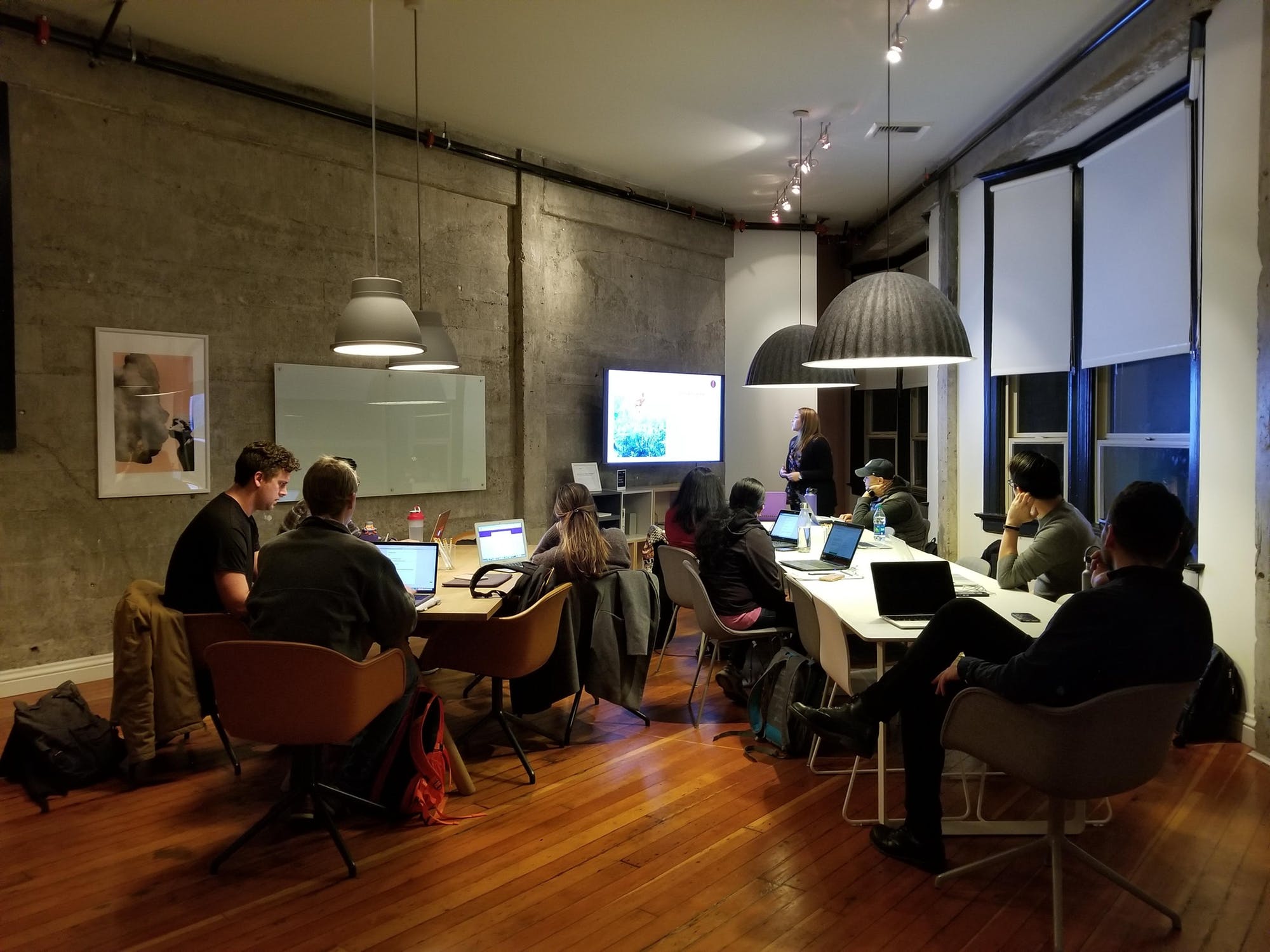We make use of persuasive techniques in every aspect of our lives, whether we realise it or not. In the business world, enhancing your persuasion skills can make all the difference to a successful day’s work, building relationships by nurturing real trust.
It’s likely persuasion is already woven into your natural humanity, yet understanding how you can actively make use of persuasive techniques will aid every interaction you have.
Investing in one another
People who like each other, trust in one another. One of the most instinctive persuasive techniques, building a real relationship based on common ground is not only enjoyable, but extremely effective too. We like people who compliment us; we like people who share similar interests to us; we like people who cooperate with us to strive towards mutual goals. By getting to know the people you are trying to influence, you can identify common values, and build a relationship based on mutual passion and understanding.
Nurturing a genuine connection works. When negotiating, you are 90% more likely to strike a deal if you get to know the person you’re negotiating with, and the deal will be 18% more valuable to both parties. To build the most meaningful connections, find something you both care about first, and look forward to an entirely enjoyable process.
Repaying a kindness
Even if it is not the initial intention, we feel obliged to repay any behaviour or kindness we experience. Reciprocity is not simply the exchange of immediately connected goods, services or values, but a more meaningful approach to the relationships we make, and the actions we take in everyday life. We all have our specialisms, knowledge or experience to share. By being the first to give, to suggest a better way, or to offer unexpected help, you can nurture a reciprocal relationship, that will see you reaping greater eventual benefits.
Deferring to authoritative direction 
We invest in experience and expertise, and are happy to listen and learn from those in a position where authority is unequal. Building a culture of bigging your team up, embedding in a routine that illuminates your key skills and specialisms will soon become reciprocal. It’s okay to admit how proud you are of your achievements. We are all human, and we are all learning. Noting your skills, and accepting the kindness of those who compliment you on your specialisms becomes evidence of your integral authority.
Making use of persuasive techniques in this way relies on honesty, making yourself vulnerable by admitting you are learning, and encouraging others to learn and grow further with you.
Building social proof with persuasive techniques
When we are uncertain, we automatically copy what others do. If a sign says 75% of hotel room guests re-use towels, a 33% increase of towel re-use will take place. Normalising the social journeys we follow is very useful in terms of persuasive techniques, and typically supports change.
Keeping your message clear, personalised and specific will ensure more and more people will follow the leadership you set out. Sharing specific information that highlights the audience-wide nature of that message encourages a shared group mentality that can quickly convert into stronger leads, and successful conversations.
Keeping your message consistent
Most of us like to be consistent with things we have previously said, done or promised. Making small changes will eventually facilitate a big one; humans are loyal, and find it hard to change direction. These habits we fall into can be utilised for the most effective persuasive techniques. Starting to set out small commitments, like chatting for five minutes, will lead to future opportunities, like booking in a meeting. Making public commitments holds us responsible to our actions, ensuring we will pull through, and meet the expectations held of us.
The power of limitation – when less is more!
Concorde ticket sales flew after an announcement was made that the airline was being discontinued: human nature demands that we want things more when we think we can’t have them.
Sharing the benefits of your products, emphasising the uniqueness of the experience they can enjoy, and underlining what they stand to lose if they do not act now and work with you implies a scarcity that shows how much value your products carry.
Working human to human really works. Here at Betterminds, our wide variety of training courses help your team understand the psychology behind your actions for the best possible results. Get in touch with our experienced team to enjoy the power of truly persuasive techniques.

